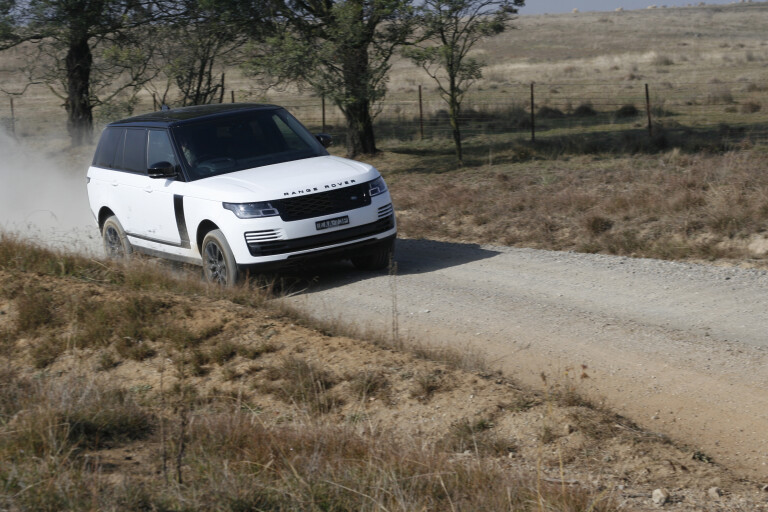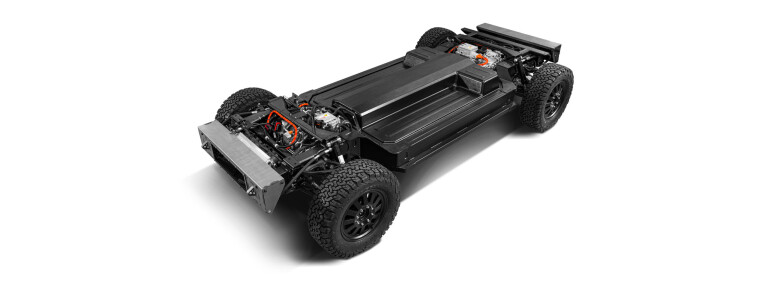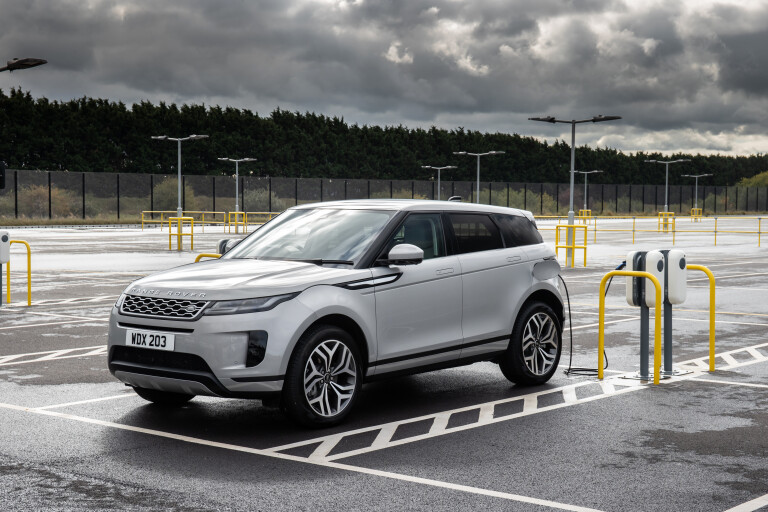
Nissan to cease most petrol engine development,” said the headline recently splashed across the mainstream automotive media. As ever, the devil is in the detail.
Nissan is only stopping development for most markets – the USA being the notable exception – of petrol engines used in petrol-only powertrains. It will be still developing new petrol engines – perhaps via its alliance partners – but these will be used in petrol-electric hybrid powertrains.
New petrol engines developed by Nissan and/or its alliance partners (and more broadly across the auto industry) designed for use in petrol-electric hybrids will be somewhat different from existing petrol engines, and not just because they will be able to utilise the latest technology. For a variety of reasons, future hybrids will predominantly be petrol-electric and not diesel-electric – although don’t discount diesel-electric hybrids altogether.

The marriage of a petrol engine to an electric motor in a hybrid – any hybrid, Mild, Plug-In or otherwise – is fortunately a happy one, as an electric motor is at its best where a petrol engine is at its worst, namely accelerating a vehicle away from standstill.
If you live and drive in a city, urban or suburban environment, which a majority of people in the world and most people in Australia do, the process of moving off from a standstill and accelerating up to something like 50, 60 or 80km/h for a short period before having to stop for the next traffic lights or intersection, is an all too unfortunate and oft repeated occurrence. It’s the reason why urban-use fuel consumption is so very much higher than highway-driving consumption, despite the higher average speeds under highway conditions.
At off-idle and low engine speeds with even moderate throttle loads (let alone heavy throttle loads), a typical petrol engine, especially if it’s normally aspirated, is at its least efficient. At higher engine speeds and under light, constant road-speed throttle loads, a petrol engine’s efficiency is much improved.

An electric motor, on the other hand, with its full measure of torque available from zero rpm, is ideally suited to providing the initial effort to accelerate a car off from a standstill. As an electric motor’s rpm increases, its efficiency decreases, but once the petrol engine it’s teamed with is building revs, this is of no great consequence.
The exact ‘working relationship’ between a hybrid’s electric motor (or electric motor-generator to be more correct) and its internal combustion engine, in terms of ‘what does how’ share of the required work, is dependent on the type of hybrid in question.
In a Mild hybrid the electric motor plays a relatively minor role in doing the work required to propel the vehicle, but it plays a relatively significant role in a Plug-In hybrid, and something in-between in a conventional hybrid.

New petrol engines designed to work in a hybrid application will notably be both smaller in capacity and lower in cylinder count than stand-alone petrol engines as they can get away with less torque, given the electric’s motor is adding torque to the combined system. With all internal-combustion engines, torque and engine capacity have a direct linear relationship, everything else being equal. So expect to see more engines of two litres or less and the emergence of three-cylinder designs.
Diesel-electric hybrids will be more the exception than the norm (despite diesels being inherently more efficient than petrol engines) given the problem with diesel emissions, NOx and particulates being the prime offenders. And while hybridising a diesel will reduce overall volume of tailpipe emissions, the percentage of NOx and particulates in the exhaust emissions won’t change.
Hybridising a diesel also has a theoretical disadvantage compared to a petrol engine, given a diesel’s higher pumping losses due to higher compression ratios. That means there’s less energy to recoup and store via the hybrid’s generator and battery system, although this doesn’t appear to be an insurmountable problem.

COMMENTS